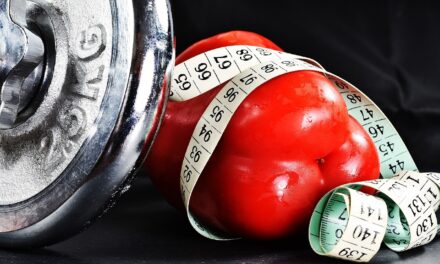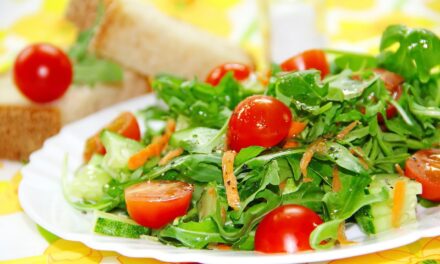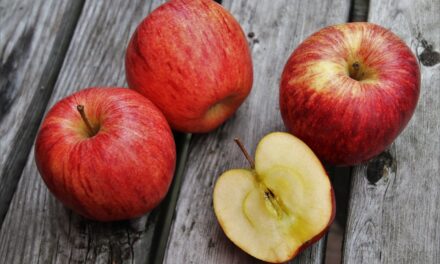As we age, our bones begin to tell the story of our lives. They carry the weight of our experiences, our triumphs, and our challenges. After 50, this narrative often includes the need for more focused care to maintain bone health, strength, and density. The right diet plays a crucial role in this care, acting as both protector and nourisher of our skeletal structure. This article explores the critical components of a bone health diet for individuals over 50, offering insights into how nutrition can support longevity and vitality.
Understanding Bone Health After 50
The need for a bone-healthy diet becomes increasingly important as we age. During our 50s and beyond, the body’s natural bone regeneration process slows down, leading to a decrease in bone density and, in some cases, to osteoporosis. Factors such as hormonal changes, particularly in women post-menopause, and a natural decrease in physical activity levels contribute to this decline. However, a targeted nutritional approach can significantly impact maintaining bone health and reducing fracture risk.
Key Nutrients for Bone Health
A bone-healthy diet focuses on several key nutrients:
– Calcium: The cornerstone of bone health, calcium is essential for maintaining bone strength and density. Sources include dairy products, leafy greens, and fortified foods.
– Vitamin D: This vitamin is crucial for calcium absorption. While sunlight is a primary source, foods like fatty fish, eggs, and fortified products can also contribute to Vitamin D intake.
– Magnesium and Potassium: These minerals support calcium absorption and bone health. Nuts, seeds, bananas, and whole grains are excellent sources.
– Protein: Adequate protein intake is vital for bone health. Options include lean meats, legumes, and dairy products.
Dietary Patterns Supporting Bone Health
Research suggests that certain dietary patterns can be particularly beneficial for bone health:
– Mediterranean Diet: Rich in fruits, vegetables, nuts, seeds, and olive oil, this diet provides a good balance of the nutrients essential for bone health.
– DASH Diet: Originally developed to support heart health, the DASH diet is also excellent for bones due to its high fruit, vegetable, and dairy content.
Practical Tips for Implementing a Bone-Health Diet
Incorporating bone-healthy foods into your diet doesn’t have to be a chore. Here are some practical tips:
– Diversify Your Diet: Ensure a variety of nutrient-rich foods to cover all the bases for bone health.
– Consider Supplements: If dietary intake is insufficient, supplements for Calcium and Vitamin D may be necessary. Consult with a healthcare provider for personalized advice.
– Stay Hydrated: Adequate hydration supports overall health, including the processes that maintain bone density.
Expert Insights
Nutritionists and health experts emphasize the importance of a balanced diet and regular physical activity in supporting bone health. Weight-bearing exercises, in combination with a nutritious diet, can help stimulate bone growth and maintain bone density.
Summary and Takeaways
Maintaining bone health over 50 is critical for overall well-being and quality of life. A diet rich in calcium, vitamin D, magnesium, potassium, and protein, aligned with healthy dietary patterns like the Mediterranean or DASH diet, can provide the necessary nutrients for strong bones. Regular physical activity, hydration, and possible supplementation form additional pillars supporting bone health.
Remember, it’s never too late to start caring for your bones. By making informed choices about your diet and lifestyle, you can support your skeletal health and continue to live vibrantly well into your later years.






